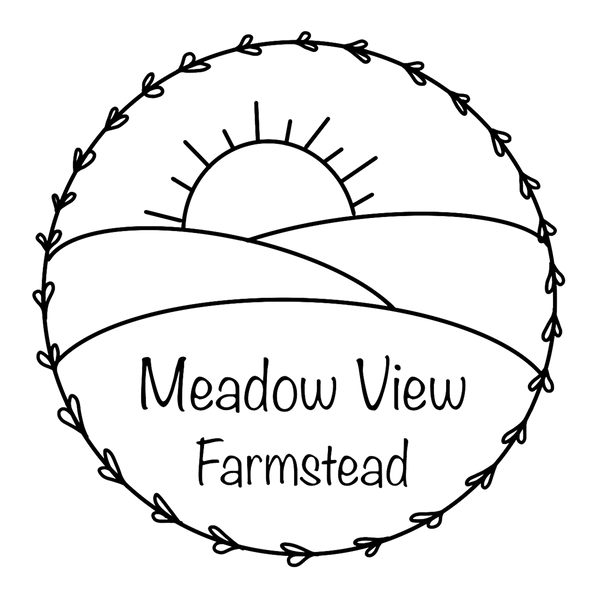As the leaves start to change and the air becomes crisp, it's the perfect time to explore the bounties of nature and forage for wild herbs! Fall is a magical season full of rich colors and earthy scents, making it an ideal time to discover the best wild herbs to add to your culinary creations or herbal remedies.
What are the benefits of foraging wild herbs in the fall?
Foraging wild herbs in the fall not only connects you with nature but also provides an opportunity to harvest fresh, organic ingredients from your local area. These wild herbs are often more potent in the fall as they prepare for the winter months, making them perfect for enhancing your dishes or creating herbal teas.
Which wild herbs are best to forage in the fall?
1. Rose Hips - Packed with vitamin C, rose hips are perfect for making immune-boosting teas or jams.
2. Elderberries - Known for their immune-boosting properties, elderberries are great for making syrups or tinctures.
3. Goldenrod - This herb is excellent for respiratory health and can be used in teas or infused oils.
4. Nettles - Rich in nutrients, nettles are perfect for making nourishing soups or herbal infusions.
5. Burdock - Known for its detoxifying properties, burdock root can be used in soups or stir-fries.
How to forage wild herbs safely & responsibly?
Foraging for wild herbs can be a rewarding and sustainable way to connect with nature and add fresh flavors to your meals. However, it's essential to forage responsibly to ensure the health of the environment and the safety of yourself and others.
Know What You're Looking For
Before you head out to forage, take the time to research and familiarize yourself with the wild herbs in your area. Make sure you can positively identify the plants you're looking for and know how to distinguish them from any toxic look-alikes.
Respect the Environment
When foraging, always follow the principles of Leave No Trace. Only take what you need, and avoid damaging the plants or their habitats. Be mindful of the ecosystem you're a part of and leave the area as you found it.
Observe Local Regulations
Before you start foraging, make sure you're aware of any regulations or restrictions in your area. Some plants may be protected, and it's important to respect these rules to preserve the biodiversity of the region.
Harvest Ethically
When harvesting wild herbs, do so in a way that promotes regrowth and sustainability. Avoid over-harvesting from the same area, and consider collecting seeds or propagating plants to help maintain their populations.
Stay Safe
Foraging in the wild comes with its own set of risks, from poisonous plants to encounters with wildlife. Always forage with a buddy, carry a field guide, and be cautious when sampling new plants. If in doubt, don't consume anything you're unsure about.
So, grab your basket and venture into the great outdoors to discover the wonders of foraging wild herbs in the fall. Not only will you enjoy the fresh air and beautiful scenery, but you'll also be rewarded with a treasure trove of wild herbs to enhance your culinary creations and herbal remedies.
Disclaimer: This information has not been evaluated by the FDA and is not intended to diagnose, cure, prevent or treat any disease. Information is provided for educational purposes only, it is not to be used as medical advice. Use this information at your own risk. We are not responsible for dosage mistakes, misuse, or adverse reactions. Each person reacts differently to each plant and you should always exercise caution when taking herbal products. Always consult a medical professional before taking/using any herbal product.

